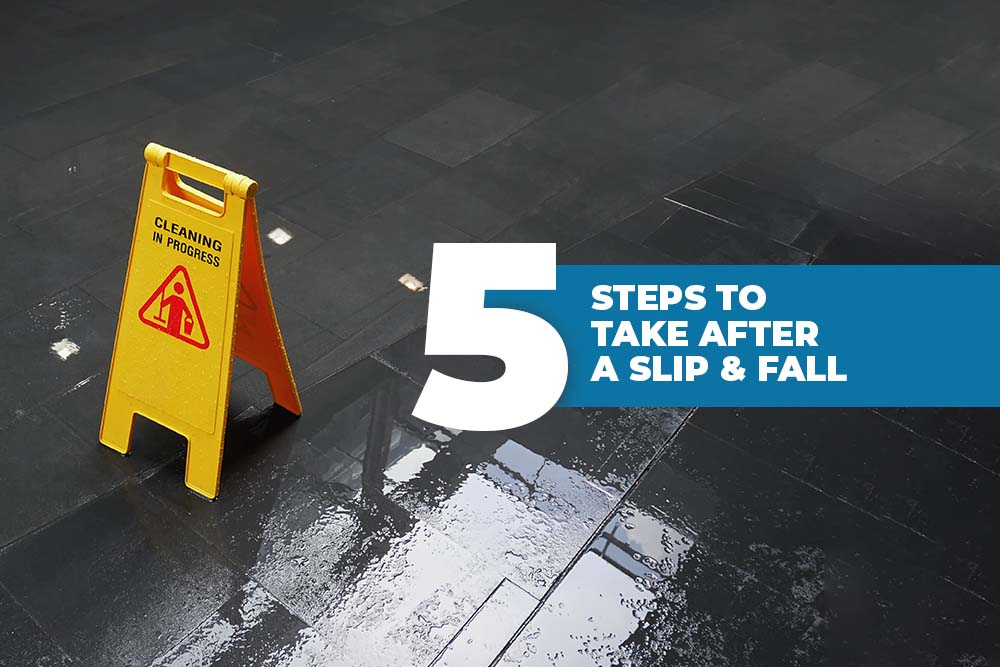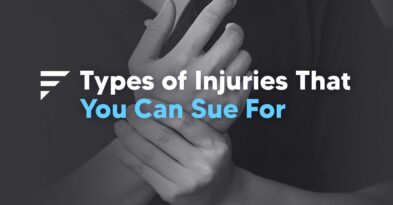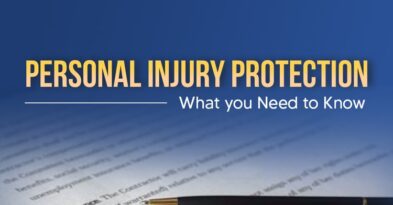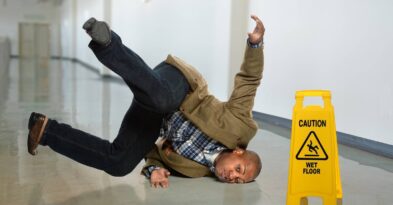What Is A Slip And Fall Claim
Accidents happen more often than we think. While cars, trucks, motorcycles and bicycle accidents happen every minute, another common one is a slip and fall.
You might assume a slip and fall is a minor accident, and sometimes that is true. But other times, these accidents can lead to severe injuries and long-term complications for the victims. These injuries occur often enough for the state to enact laws to protect these victims as well.
Therefore, if you are injured in a slip and fall, you should be aware of what Florida Laws apply to your case and how they will affect your ability to receive compensation in the future.
Slip and fall law refers to the liability rules governing cases in which an individual falls to the ground and suffers harm due to a dangerous condition on someone else’s property. As a subset of personal injury law, these cases are controlled by the basic rules of negligence. Unless an accident occurs on federal government property, state law will control it. Violations of local building code ordinances can also be relevant. Despite the reference to a “slip,” this area of the law covers any accident that results from the victim encountering an unsafe condition underfoot, whether it produces a stumble, over-extension, twist, or another movement. Direct causes can include spilled liquids or food, cracked sidewalks, objects on the stairs, ice and snow, broken floor tiles, uneven steps, and potholes. Indirect causes, such as dim lighting or missing handrails, can also contribute.
Personal injury cases, including slip and fall claims, are subject to a statute of limitations. A statute of limitations means that the state limits how long you have to file your complaint.
Under Florida’s statute of limitations, you have up to four years to file an injury claim. If you fail to file a claim within the four-year mark, the court will not hear your case, and you will be barred from seeking compensation.
Per the statute, you must discover the harm or have reasonable suspicion that someone’s negligence injured you and from that “point of discovery” the four-year clock starts. However, there are instances where the court will disagree with when a plaintiff should have discovered their injury. Therefore, do not assume you can wait four years before starting a case.
CONTACT OUR PERSONAL INJURY LAW FIRM IN BOYNTON BEACH
If you were injured, it is important that you seek medical attention. Then, contact us. We can help you gather the necessary information to help support your claim.
We have experience providing for injured families who were harmed by the negligent conduct of others. We can discuss your legal rights.










